
Regular follow-ups with an Exercise Physiologist are key to staying on track. Whether you're managing pain, rehabilitating an injury, or working on your general health, these sessions help monitor progress, adjust your plan, and keep you moving toward your goals—one step at a time.
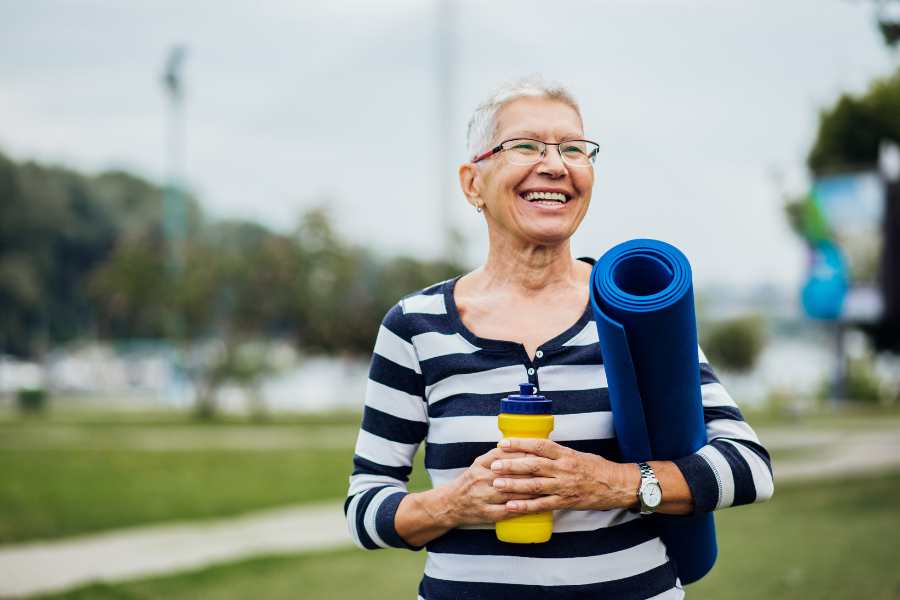
Regular follow-ups with an Exercise Physiologist are key to staying on track. Whether you're managing pain, rehabilitating an injury, or working on your general health, these sessions help monitor progress, adjust your plan, and keep you moving toward your goals—one step at a time.

Did you know you could access Exercise Physiology sessions through Medicare? If you’ve been diagnosed with a chronic condition, tailored support may be just a GP referral away. Learn how Medicare rebates work and how an Exercise Physiologist can help you move and feel better.
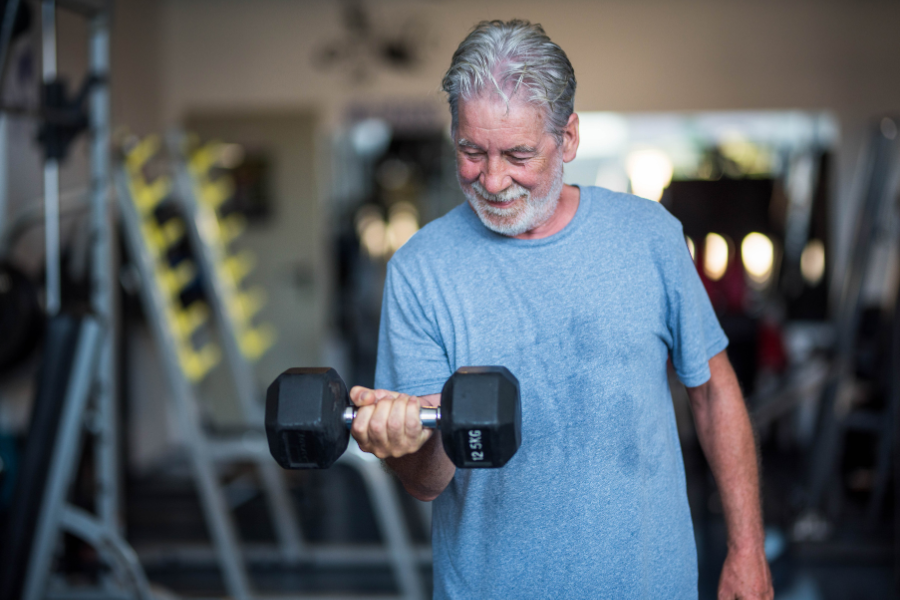
Looking for an Exercise Physiologist in Beerwah? Beerwah is home to Mount Beerwah, the tallest of the Glass House Mountains, and Australia Zoo, made famous by the legendary Crocodile Hunter, Steve Irwin. At MyEP Beerwah, we offer personalised, evidence-based exercise programs to help you thrive.

The Department of Veterans Affairs (DVA) provides a comprehensive range of health services, including Exercise Physiology for veterans holding White, Gold, or Totally and Permanently Incapacitated (TPI) Cards. Learn more how to access these services and how they can benefit your lifestyle.
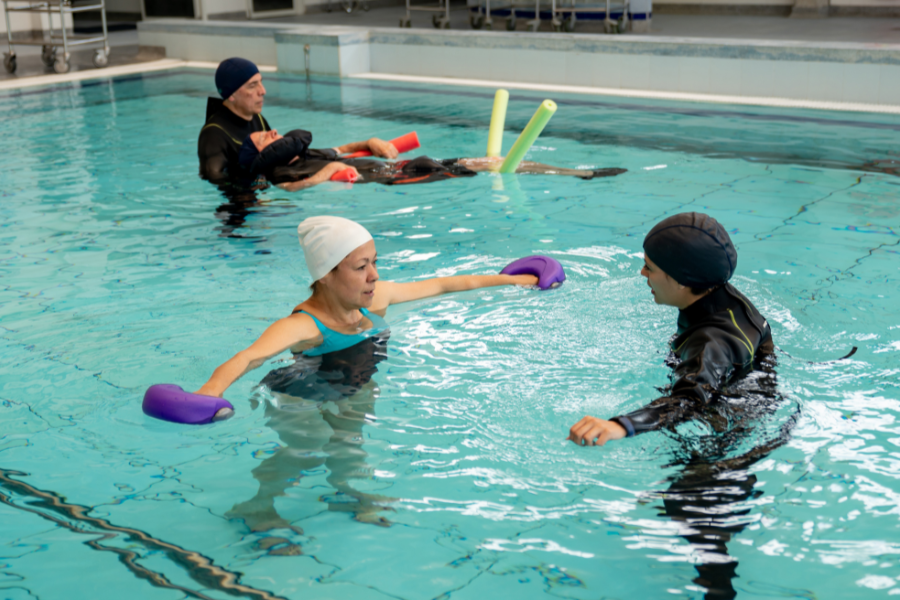
Seeking expert Exercise Physiologist care in Noosa? Nestled within the Noosa Aquatic Centre, MyEP offers personalised, evidence-based exercise programs to help you thrive. With cutting-edge facilities and tailored support, we’re here to guide you toward better health and wellbeing—one step at a time.
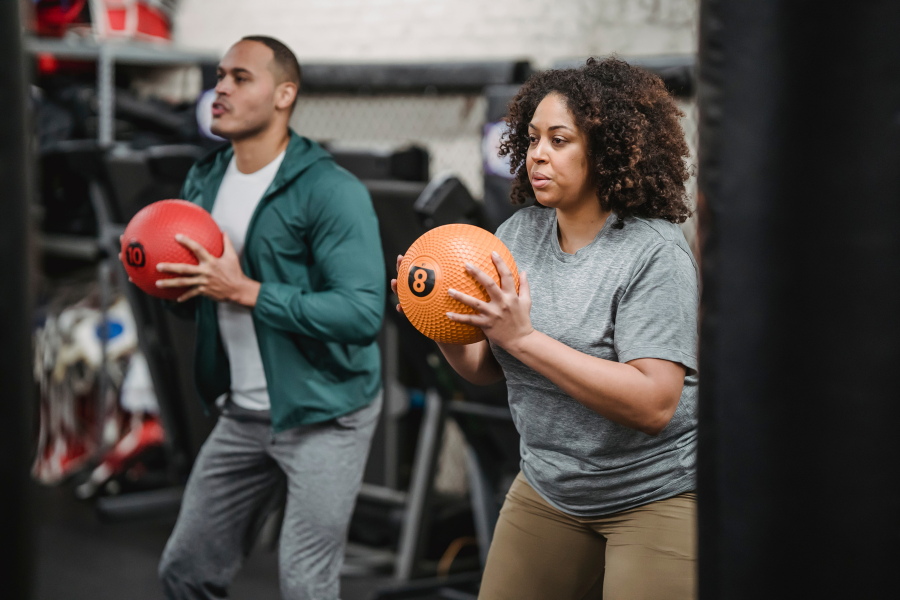
Struggling to stick to an exercise routine? You're not alone! Our experienced Exercise Physiologists know how challenging it can be to stay consistent, especially when life gets in the way. But we’re here to help you make exercise a regular, enjoyable part of your life. Discover our top 12 tips for building a routine that lasts.
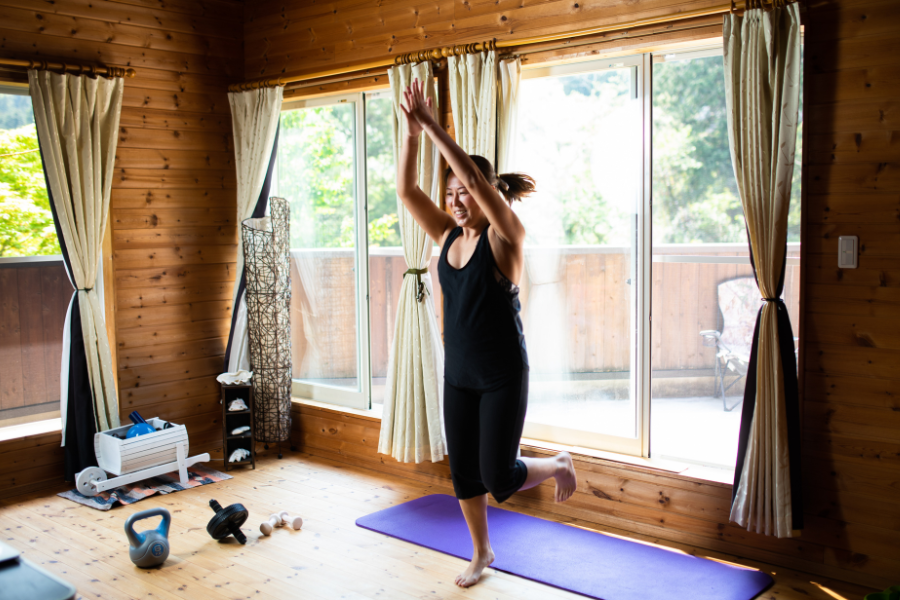
More and more Australians are choosing home visits for their Exercise Physiology services. The convenience, the comfort and time-saving aspects makes it ideal for people with limited mobility, lack of access to transport or those that prefer a one-on-one service. Let’s explore what else makes this choice so appealing.

Prostate cancer is the most common cancer among Australian men and affects around 1 in 6 men. Common treatments for prostate cancer include surgical removal, chemotherapy, radiation, targeted drug therapy and Androgen Deprivation Therapy (ADT). These treatments can negatively affect your health, which is why cancer patients are often advised to exercise according to their abilities before, during, and after cancer treatment.
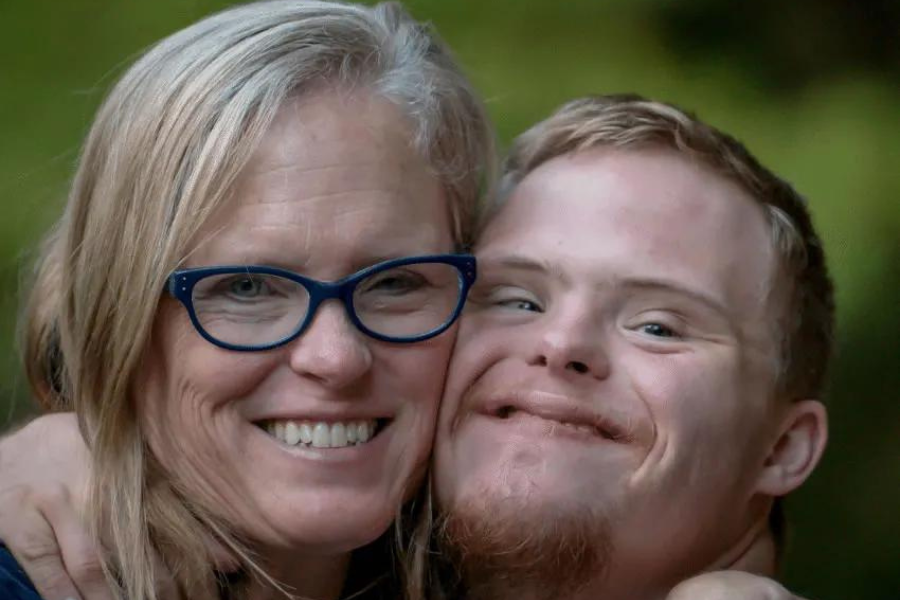
As part of NDIS support, individuals living with physical, intellectual, or mental disabilities have access to Accredited Exercise Physiologists who can help create clinical exercise-based therapy programs. These programs not only aim to prevent the onset of chronic diseases and injuries but also effectively manage existing conditions to help improve overall health and well-being.

Falls are a significant concern for many Australians, particularly as we age, with individuals over 65 being the most vulnerable to hospitalisation following a fall. It stands as the leading cause of both hospitalisations and injury-related deaths, accounting for over 40 percent of each.

Living comfortably at home is a priority for many Australians, especially those managing health conditions or mobility challenges. When looking to stay independent at home, the role of an Exercise Physiologist becomes even more important in the improvement of your well-being and quality of life.
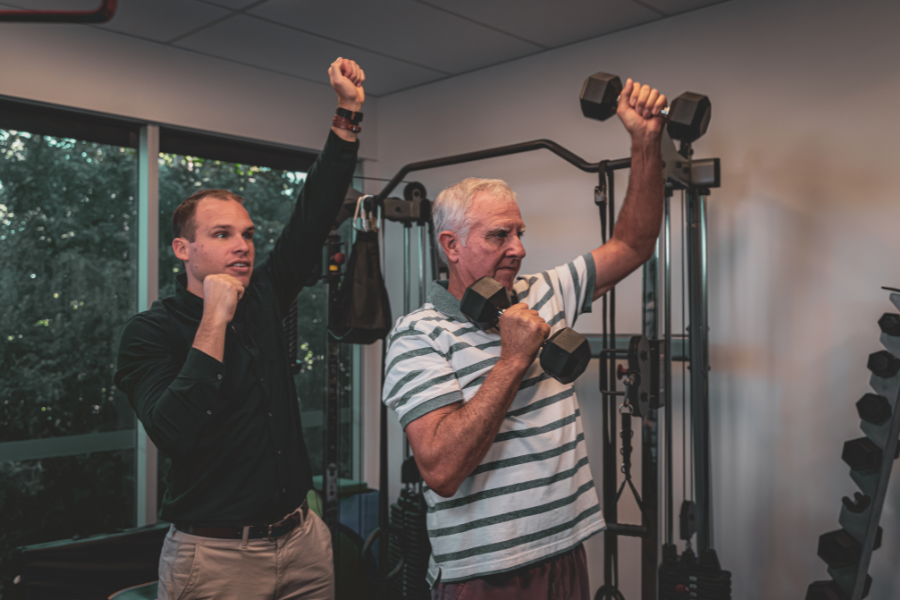
Exercise physiologists are an integral part in both public and private healthcare, and they undergo years of clinical training and accreditation in Australia. Their expertise in understanding the body's response to physical activity, makes them experts in creating clinical exercise programs tailored for specific health conditions.

Childhood is a crucial stage in human development, where habits and behaviours can significantly impact a child's lifelong health and well-being. Regular physical activity is essential for children, as it promotes physical, mental, and emotional health. However, not all children have the same physical abilities.

Are you considering seeing an Exercise Physiologist in Australia and wondering about the financial aspect of it? You're not alone. Exercise Physiology can play a crucial role in improving and maintaining your health, and the good news is that there are several funding sources available to help cover the costs of these services.

The benefits of seeing an Exercise Physiologist reaches well beyond physical wellbeing. In the pursuit of a healthier lifestyle, many of us find ourselves contemplating where to begin. Let’s explore when and where you should see an Accredited Exercise Physiologist.
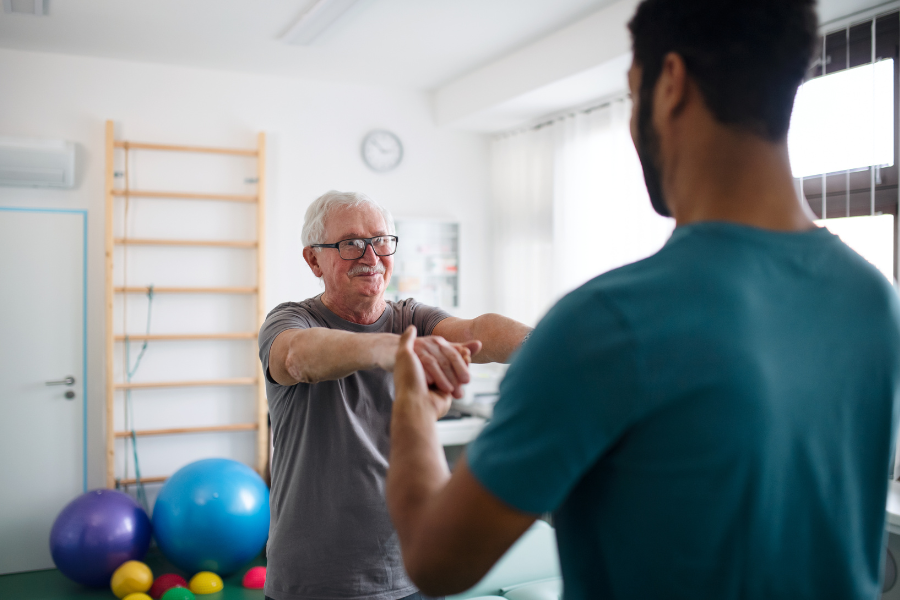
Bowel cancer, also known as colorectal cancer is a prevalent and concerning health issue worldwide, with Australia having one of the highest rates. In this blog, we'll explore how exercise can have a positive impact pre- and post treatment, and how Exercise Physiologists can support patients diagnosed with bowel cancer throughout their journey.

Living with Type 1 diabetes can be challenging, but with the right understanding, strategies, and support, individuals can lead fulfilling lives. In this blog, we'll explore the role of exercise in managing Type 1 diabetes and learn more about how an Exercise Physiologist can provide invaluable guidance for clients with type 1 diabetes.

Although Exercise Physiologists and Physiotherapist may appear similar, they are actually quite different in terms of education, training, and scope of practice. In this article, we will explore the key differences between Exercise Physiologists and Physiotherapists, and what they can offer.

In this blog post, we'll explore the benefits of exercise for individuals living with type 2 diabetes, and how working with an exercise physiologist can help control your blood sugar levels and improve your health. We'll also provide tips for incorporating exercise into your daily routine. Read on to take control of your health and improve your quality of life.
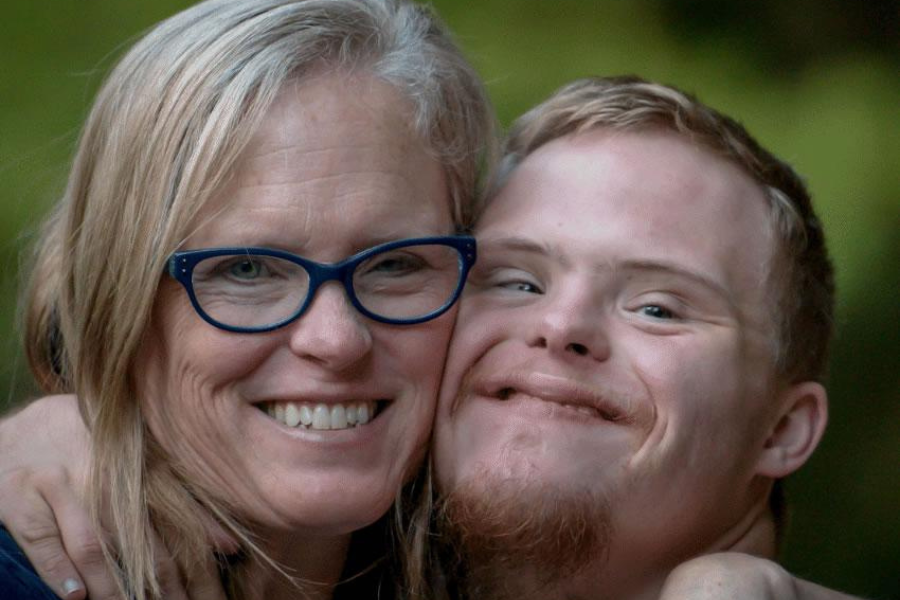
Exercise can play an essential role in promoting physical and mental well-being for individuals with Down Syndrome. Learn more about the benefits of exercise, how an Exercise Physiologist can help and the types of activities that are suitable for people with Down syndrome, and some helpful tips for creating a safe and enjoyable routine.

Endometriosis is a common yet often misunderstood medical condition that affects around 10% of Australian women. Learn more about endometriosis, its symptoms, causes, and how exercise can play a crucial role in managing endometriosis. Understanding this condition is crucial for those who may be experiencing it or know someone who is.
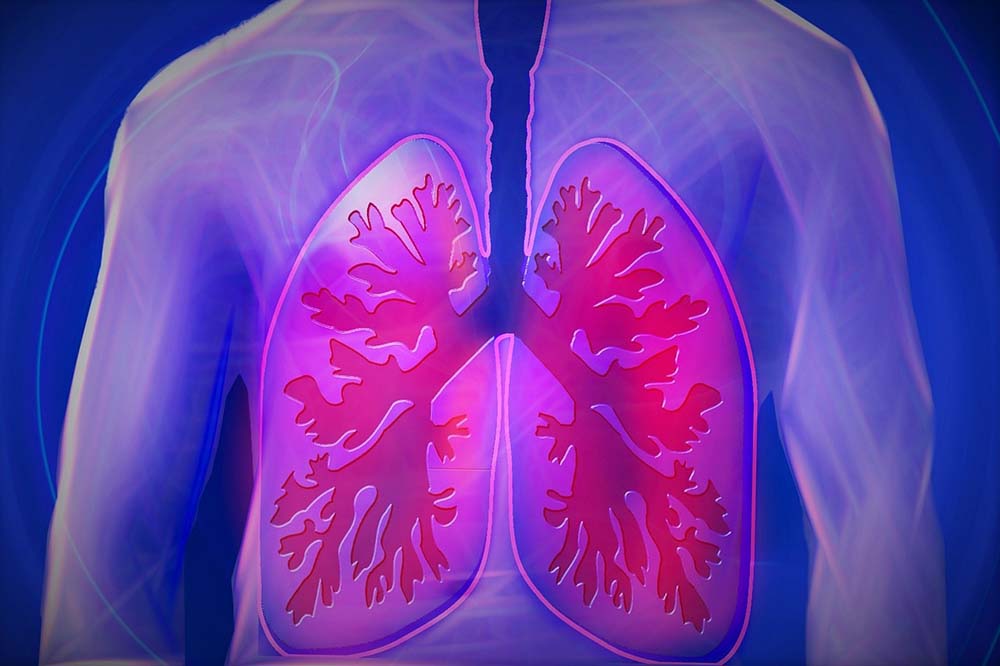
Chronic Obstructive Pulmonary Disease otherwise known as COPD is a chronic inflammatory lung disease that causes obstruction of airflow from the lungs that is not fully reversible (1). COPD is the leading cause of avoidable hospital admissions affecting over 1 in 4 Australians aged over 75 years old (1). 7.5% of Australians aged over 40 years old are affected by COPD that is of at least moderate severity (1).

Bone mineral density is a measurement of bone strength, most commonly measured through the gold standard dual-energy X-ray absorptiometry (DEXA) scan. Osteoporosis is a chronic condition following osteopenia that impacts the integrity of an individual’s bones through microarchitectural deterioration, therefore placing them at an increased fracture risk than a healthy compare.
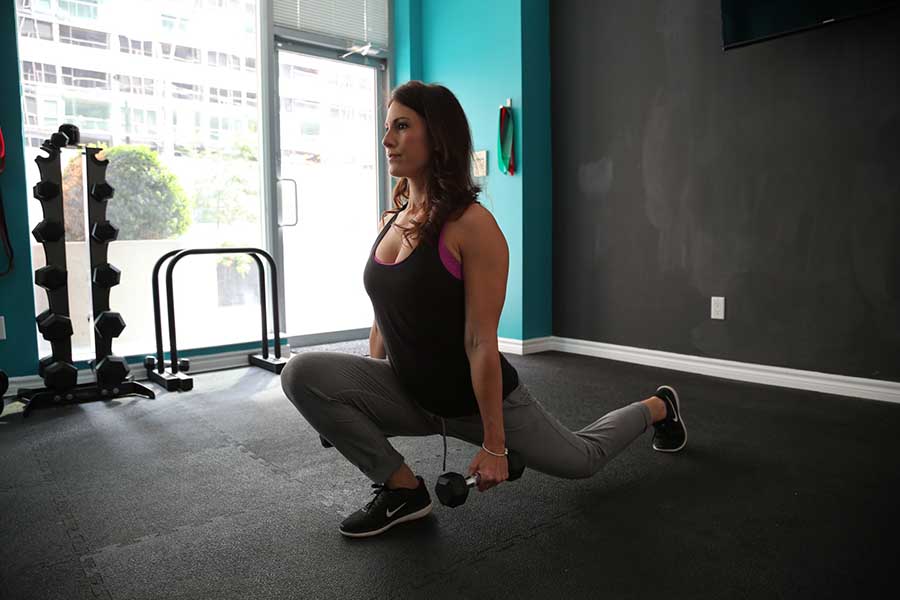
Improvement in cancer research has increased our chances of detecting cancer at an earlier stage, helping individuals access better care and increasing the mortality rate after a diagnosis. Receiving a cancer diagnosis can be a life changing event, but the importance of exercise is still relevant with recent research showing that only a small amount of exercise can immediately improve treatment related side effects.

It is likely that if you’ve come to read this article, you yourself have experienced, or are experiencing back pain. What might come as a surprise is that 80% of Australian adults will experience at least one episode of low back pain in their lives1.

World Health Organisation (WHO) recognises mental health as “a state of well-being in which an individual realises or recognises his or her own abilities, can cope with the normal stresses of life, can work productively and is able to make a contribution to his or her community.
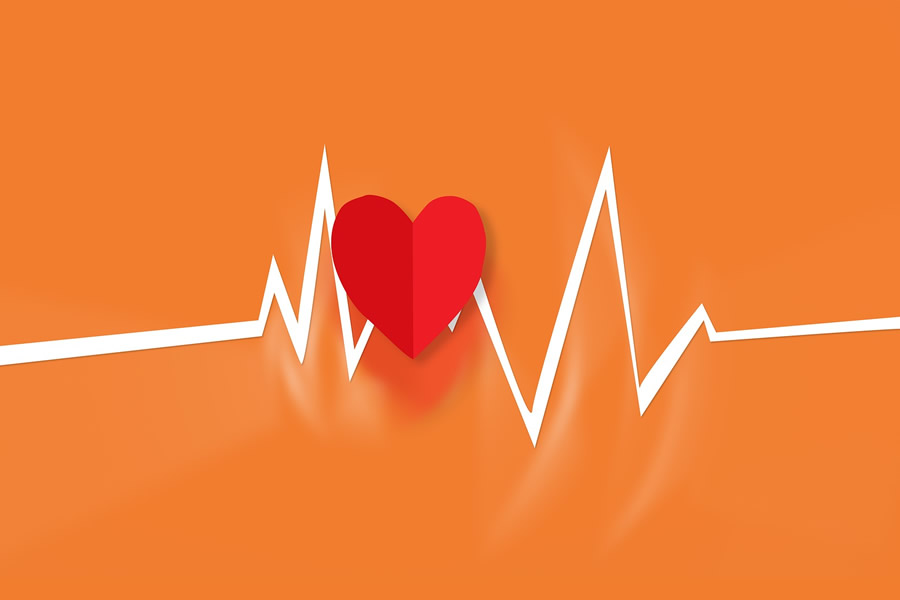
Chronic heart failure is a condition whereby the heart is no longer able to maintain its function and is unable to effectively pump blood to the lungs and the rest of the body. This is commonly caused by conditions like ischaemic heart disease, high blood pressure and diabetes amongst others.
